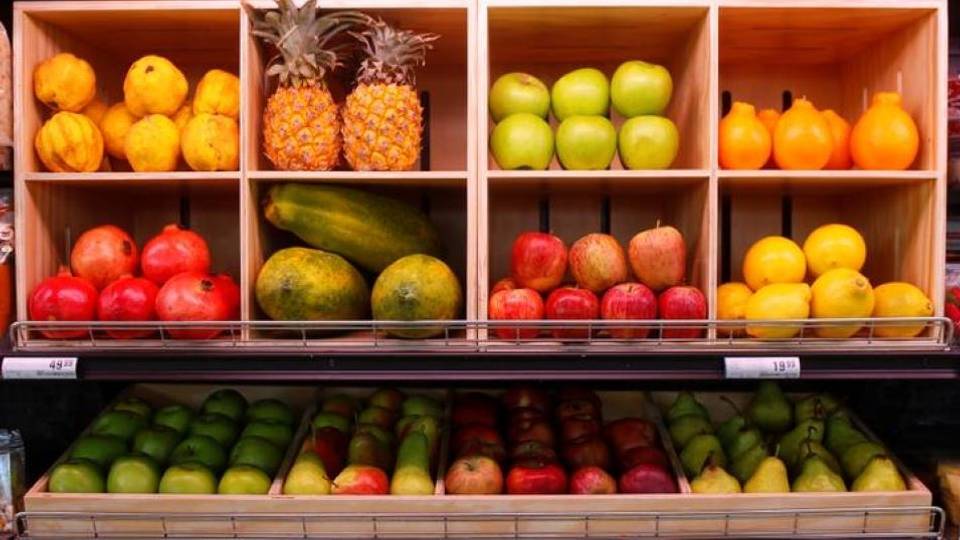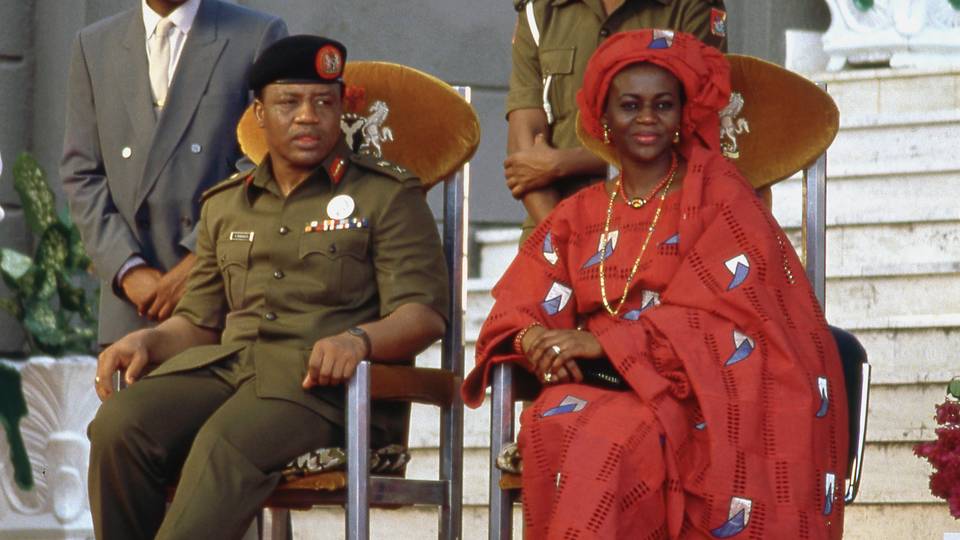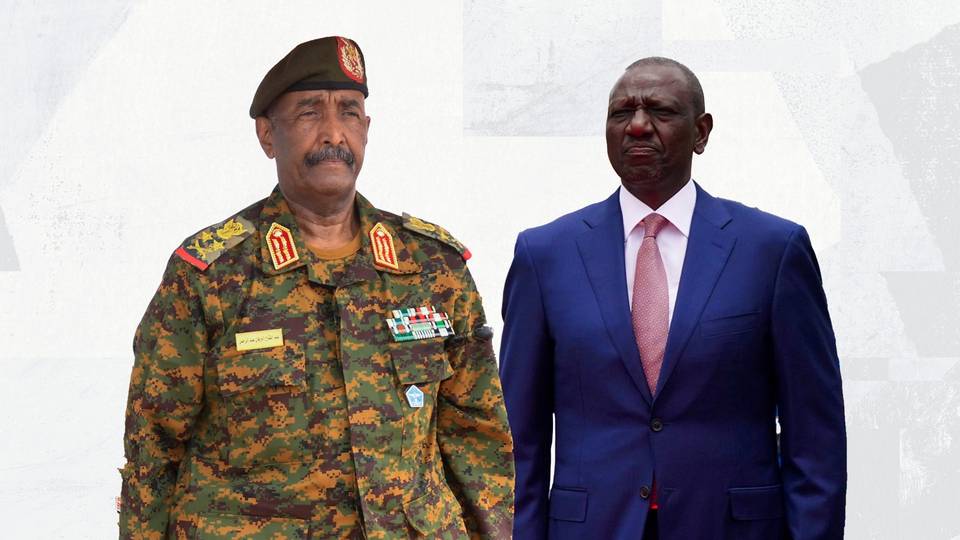Sport
Dollar
37,9530
-0.08 %Euro
42,1316
1.2 %Gram Gold
3.796,5000
0.83 %Quarter Gold
6.344,3400
0.66 %Silver
37,7200
-0.48 %The global halal economy is growing exponentially, presenting opportunities for sub-Saharan Africa to tap into its demographic and cultural advantages in the sector and create employment for a teeming young population.

By Abdulwasiu Hassan
The global halal economy, rooted in Islamic principles, has emerged as a potential game-changer for sub-Saharan Africa as this region of over a billion people leverages its youth demographic to drive growth.
Being home to the world's youngest population – with a median age of 18 – Sub-Saharan Africa already ticks the boxes regarding workforce availability.
According to ISS African Futures, which envisions the continent's future through advanced forecasting, people under 15 comprise 43% of the citizenry, and those under 30 make up 28% of the population.
Despite this advantage, unemployment remains the subcontinent's bugbear, driving many young people to risk illegal and perilous migration journeys across the Sahara and the Mediterranean in search of better opportunities.
For a region rich in arable land and other resources, experts see the scale of desperation triggered by unemployment as a travesty.
Dr Yahaya Yakubu of the department of economics at Nigeria's Sa'adu Zungur University Gadau, formerly Bauchi State University, believes it's about time sub-Saharan Africa tapped into a source of growth almost hiding in plain sight.
"The halal economy is growing rapidly worldwide, driven by increasing demand for halal products and services among both Muslim and non-Muslim consumers. As of 2024, the market is valued at over US $2.7 trillion," Dr Yakubu tells TRT Afrika.
Multi-sector concept
Halal, the Arabic term for "permissible" in accordance with Islamic practices, extends beyond food to include finance, tourism, and fashion.

"Halal emphasises ethical, transparent practices in line with Shariah law," explains Dr Yakubu.
Isa Ali Pantami, who was minister of communications and digital economy in Nigeria from 2019 until last year, rues the fact that countries that don't have a cultural affinity with Shariah-compliant practices have had a headstart over sub-Saharan Africa in promoting halal businesses.
"If you look at the growth trajectory of the halal economy, it has been predicted to reach US 7.7 trillion by 2025," Pantami tells TRT Afrika.
"That's a huge amount of money. To put it in perspective, Africa has a population of approximately 1.4 billion, and our GDP is around $3.2 trillion."
Pantami, who attended the recent World Halal Summit in Istanbul, Türkiye, presents Brazil as an example of a country without a halal culture profiting from the economic side of it. South Korea is another one.
"Brazil is not a Muslim country, but its population compares with Nigeria's demographics. It generates approximately $23 billion through the halal economy," says Pantami.
At the Istanbul summit, organised by the intergovernmental Standards and Metrology Institute for Islamic Countries and Organisation of Islamic Cooperation in coordination with the Turkish ministry of trade and the Turkish Halal Accreditation Agency, many speakers were candid about sub-Saharan countries not cashing in on the opportunities presented by the halal economy.
What can be done
To take advantage of the opportunities in the halal economy, experts say governments and private investors in sub-Saharan Africa need to invest in regulatory frameworks, infrastructure, and increasing awareness.
In Nigeria's case, the country needs significant investments to realise its potential as a big player in the halal economy.

"Transportation networks, cold storage facilities, and logistics need vast improvement to ensure that halal products can be efficiently produced and distributed domestically and internationally," Dr Yakubu tells TRT Afrika.
He also makes a case for the government to incentivise investors and enhance partnerships with international organisations linked to the halal economy.
"Another important area the country needs to address is educating and raising awareness among producers and consumers about the benefits and standards of halal products," Dr Yakubu explains.
Potential outcomes
If countries in sub-Saharan Africa explore the potential of the halal economy, experts say they stand to benefit significantly.
"If Nigeria gets it right, for example, it could generate a minimum of 500,000 jobs within five to ten years through the halal economy," Pantami says.
"We could even compete with Brazil and surpass it within this period because we are closer to halal consumers geographically and culturally."

Time will tell how many of these opportunities the region can exploit in the halal economy.
Experts believe the journey could start by acknowledging that sub-Saharan Africa's burgeoning youth population needn't go far looking for a low-hanging fruit.
➤Click here to follow our WhatsApp channel for more stories.
Comments
No comments Yet




















Comment